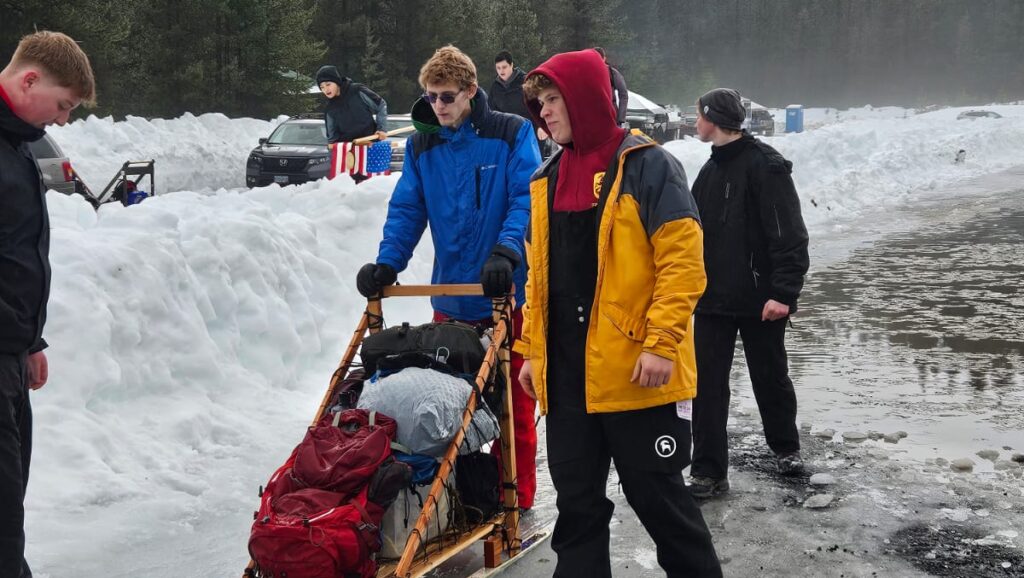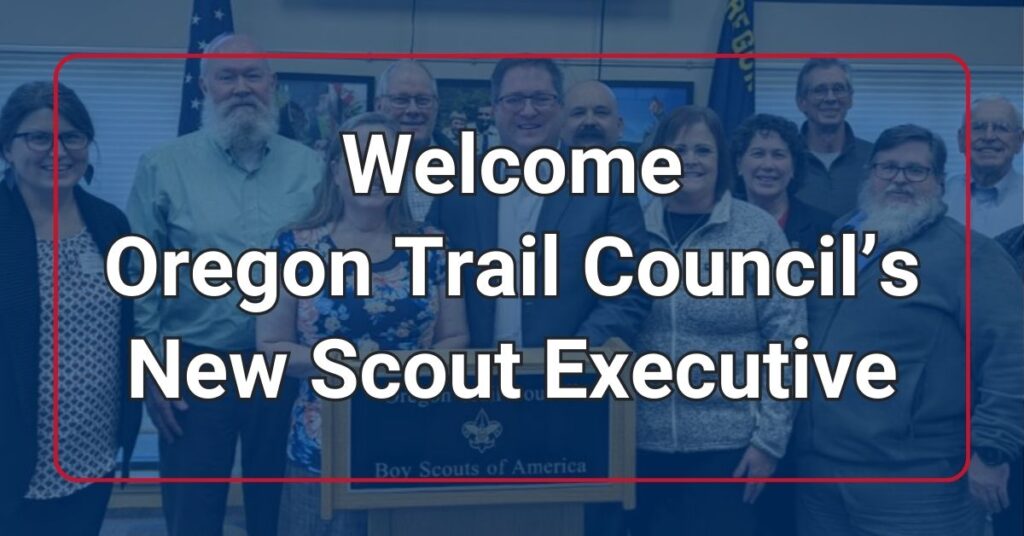I always wonder what expectations cubmasters, scoutmasters, crew advisers and Sea Scout skippers have of their assistants? This question can cover a broad range of things, but I remember my time as scoutmaster for a very large troop. I had four main expectations of my assistant scoutmasters:
They wear a full uniform that meets the troop standards set by the patrol leaders’ council.
They attend my monthly troop adult leader meetings.
They are willing to be in a rotation to attend our district roundtables.
They complete the required training for their position. (These days, that would mean completion of position-specific training and the Introduction to Outdoor Leader Skills.)
To show my commitment to basic training, I accompanied each assistant who attended training. This also enabled me to comment throughout the training sessions in how what we were learning was applied to our troop.
It can be argued that since it can be so hard to find good volunteers for leadership positions, why would we have expectations that some might not want to fulfill and therefore won’t volunteer? I actually think it’s a good way to help volunteers be realistic about what they are willing to do for Scouting. In my case, if prospective assistants didn’t think they could fulfill my expectations, I encouraged them to be a member of our troop committee which a few did just that. At the peak of my time with the troop, we had nine assistants for the 102 Scouts in our troop and each assistant willingly met my expectations and understood why they were there.
Here’s what this provided us:
Parents were impressed that our troop focused so much on leader training and preparation to ensure that troop youth had the best program possible for their children.
When I made decisions about how to act on anything based on my experience and BSA training, everyone was on the same page with me. I was able to lean on my team of assistants to help me with these decisions. They understood and supported me, whether it was an advancement issue, a youth leadership issue, or whatever.
I have no doubt that with 100% of my assistants being trained, it was easier when I had to recruit another, being up front with my expectations. It created a healthy peer-pressure. Eventually, that applied to advance Wood Badge training, when seven out of my nine had completed Wood Badge, creating a bit of peer pressure on the remaining two!
The feeling of an “adult leadership team” was strong when we all understood our goals and how we were to achieve them. It was a tight-knit team, likely one of the best in our council!
It helped us achieve the annual unit recognition at the time (they were called “Honor Units”), similar to today’s Journey To Excellence. The message to parents and prospective families was reinforced that we were serious about Scouting!
As Oregon Trail Council moves ahead with a new policy requiring direct contact leaders to be properly trained as a condition of registration, please understand that this is not a roadblock. It is an opportunity to strengthen your unit and provide the best possible program for your youth.
Philip S. Westover | Council Commissioner




